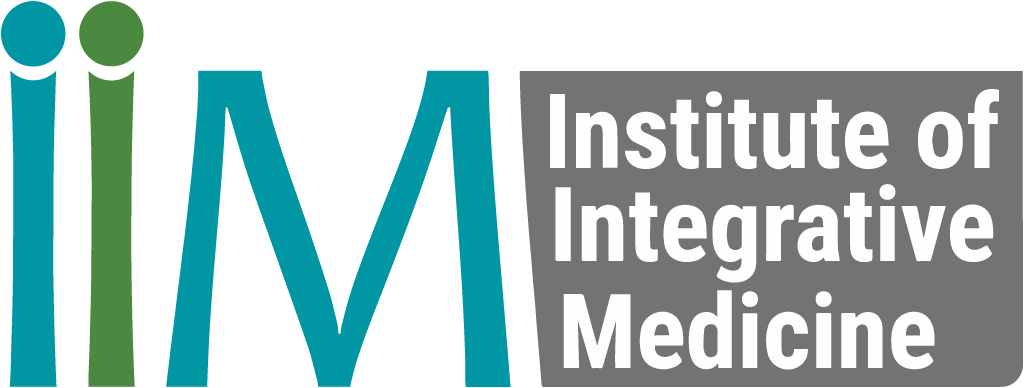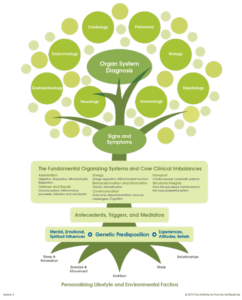Functional Foods for Gut Health
Our everyday lives are riddled with toxic chemicals, stress, time constraints and unhealthy dietary temptations. This has led to a large portion of the global population developing bowel and gut issues. Diet is one of the most important factors to take into consideration when treating gut health issues. The food we consume exposes the gut to different nutrients and minerals that are essential for optimal bodily function, but may also expose the gut to toxic substances. It is essential that we take care of our bodies through what we eat to ensure good health.
Maintaining good gut health involves a number of factors. One of the most important factors is the food we consume. Dietary habits influence our gut in a number of ways. Think about it, whatever you eat is going directly through the gastrointestinal tract, and would therefore have an impact its integrity. Fermented, probiotic and prebiotic foods can all have a significant impact on the improvement of overall health and mental wellbeing. Incorporating functional food and supplements into one’s diet is extremely important for securing optimum gut health.
When looking at implementing a good dietary regime, it is important to look at foods and minerals that will aid in effective digestion. As a healthcare specialist, it is also important to address any concerns and conflicts with dietary needs, in order to assess what plan will be the most effective and yield the best results. Some of the best foods and minerals for gut health are listed below.
Functional Food and Supplements for Gut Health
Fermented foods
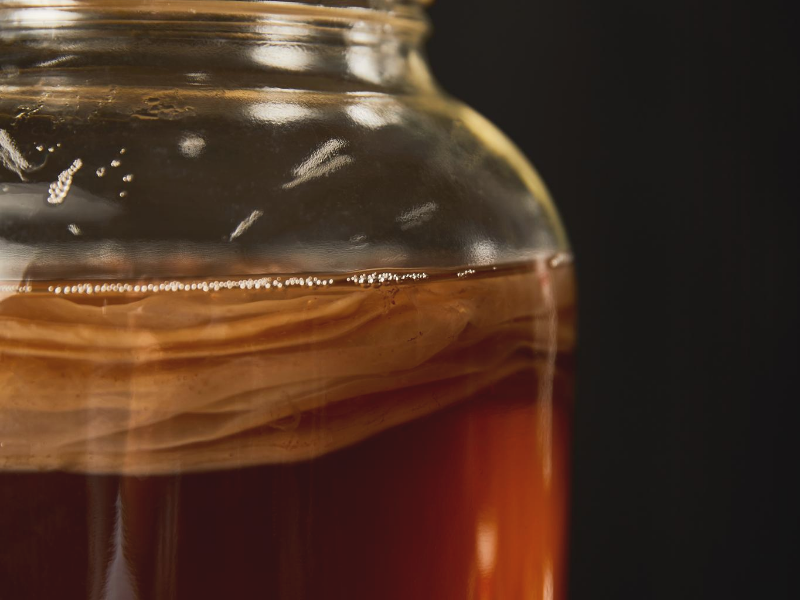
Functional food includes fermented foods, which are important for the diversity of gut microbes. They are high in probiotic qualities, which has been shown to reduce gut dysbiosis. The process of fermentation yields a great deal of short chain fatty acids, which help to lower the pH levels in the intestines. This aids in the prevention of overgrowth of pH-sensitive pathogens. Some fermented foods great for gut health include:
- Sauerkraut
- Kombucha
- Kimchi
- Miso
- Kefir
Vitamins and Minerals
There are a number of vitamins and minerals that are important in the digestive pathways. By incorporating these nutrients into our diets, we may further assist in microbial defense.
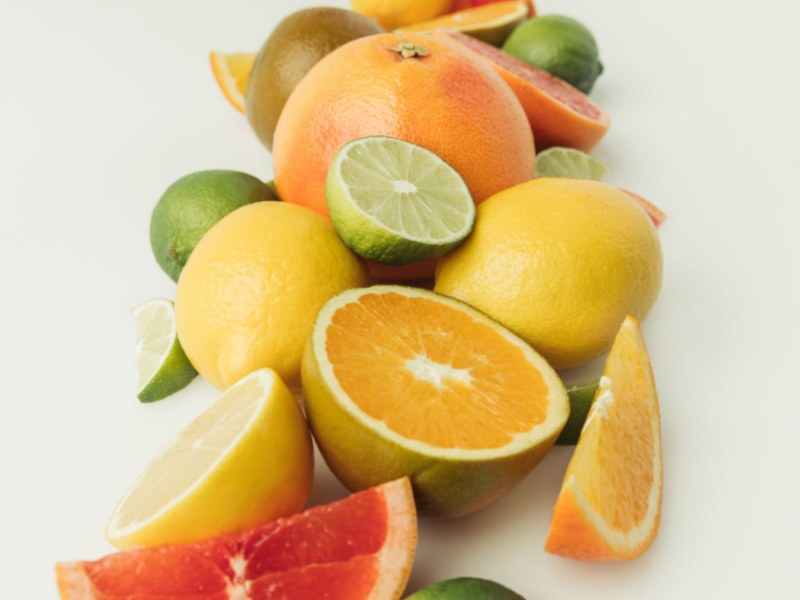
Vitamin A
Vitamin A helps to improve the integrity of epithelial cells, and works to boost immune function. Foods that contain sources of vitamin A are:
- Fish
- Milk
- Yoghurt
- Liver products
The body is also able to convert sources of beta-carotene into retinol (Vitamin A). Foods high in beta-carotene are:
- Yellow, red and green (leafy) vegetables, such as spinach, carrots, sweet potatoes and red peppers
- Yellow fruit, such as mango, papaya and apricots
Zinc
Zinc is essential in the synthesis and transcription of proteins. It has been shown to aid diarrhoea in children. A zinc deficiency can lead to malabsorption, and affect intestinal mucosa. Foods high in zinc include:
- Vegetables such as mushrooms, spinach, broccoli and kale
- Shellfish
- Legumes
- Seeds (hemp, flaxseed, pumpkin seeds)
Dietary Fibre

Dietary fibre is essential in fueling healthy microbes in the gut. They are seen as “prebiotics” and can assist in a number of functions such as laxation and regulating bowel movements. They also assist with the intestinal absorption of water. Good sources of prebiotic foods are:
- Apples
- Artichokes
- Asparagus
- Bananas
- Barley
- Berries
When shopping for groceries or supplements, most labels will not say “prebiotics”. Instead, look for ingredients that have the following labels:
- Galactooligosaccharides
- Fructooligosaccharides
- Oligofructose
- Chicory fiber
- Inulin
Summary
Our everyday lives are riddled with toxic chemicals, stress, time constraints and unhealthy dietary temptations. This has led to a large portion of the global population developing bowel and gut issues. Diet is one of the most important factors to take into consideration when treating gut health issues. The food we consume exposes the gut to different nutrients and minerals that are essential for optimal bodily function. Any harmful substances consumed will affect the gut directly and symptoms will present in the form of a variety of health issues. This highlights the importance of looking after ourselves through what we eat, and making good dietary choices to ensure the digestive system is getting all the nutrients it needs to function optimally.
How do I Become a Functional Medicine Practitioner to learn more about Functional foods for Gut Health?
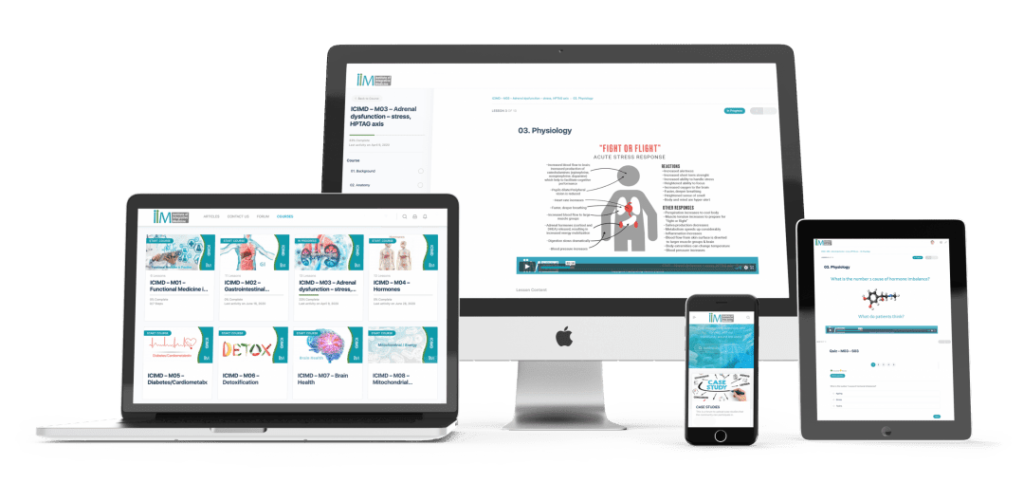
The Institute of Integrative Medicine is a global leader in the field of Integrative Medicine Education. The knowledge of which functional foods to incorporate into our diets can improve overall gut health. We offer certified online courses helping you to take charge of your practice and improve the quality of life for your patients. Integrative medicine has the potential to transform healthcare. Find out more about the courses we offer today!
